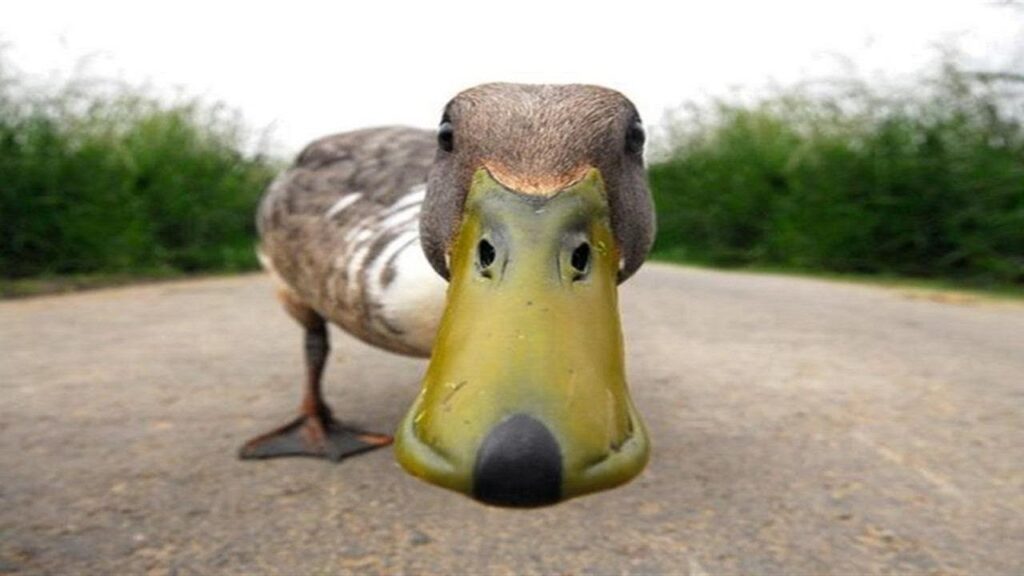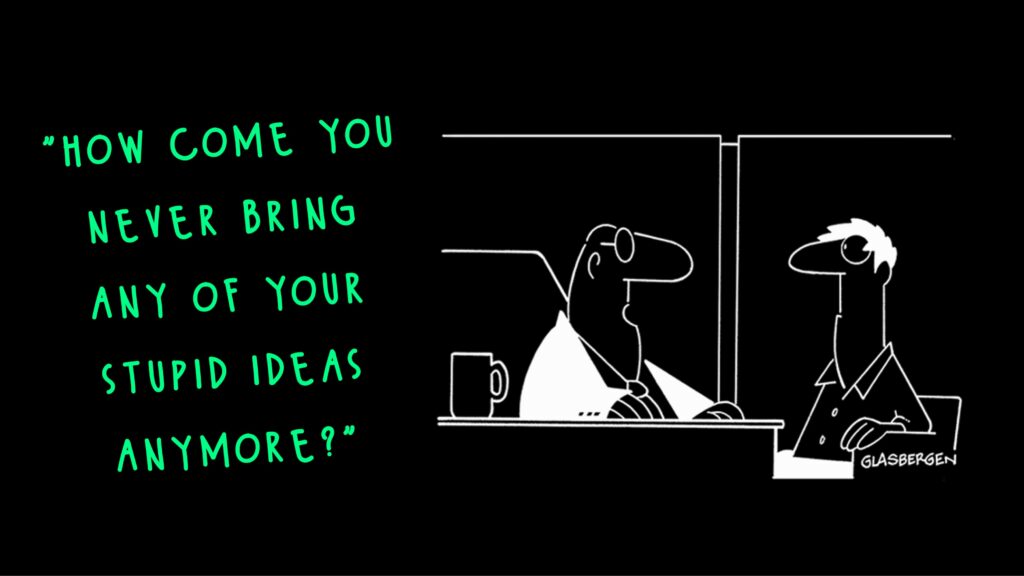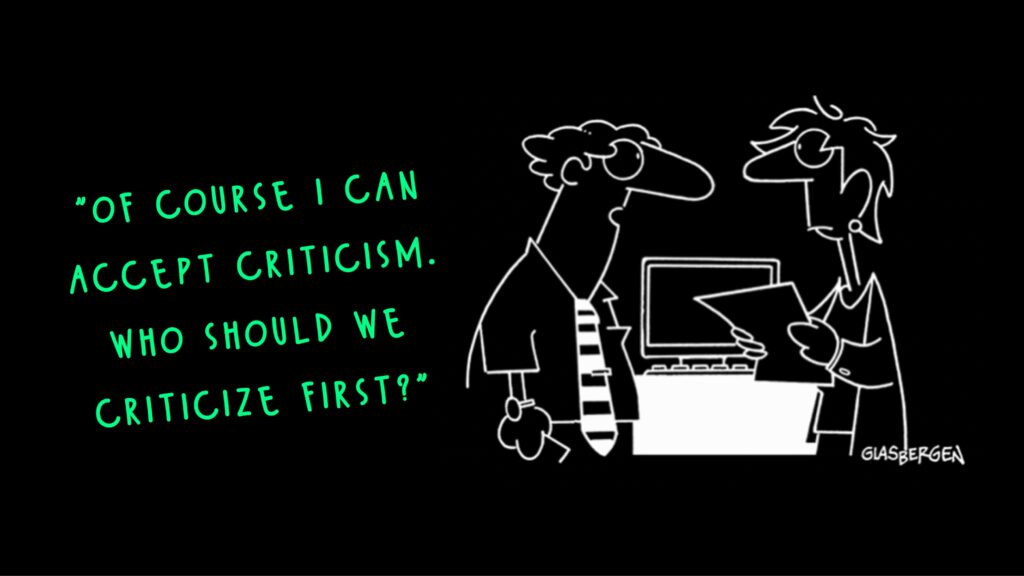
Dr Rebel: Every organisation needs its Wild Ducks 🦆
Today’s question: Some rebels in our organisation follow their own path. How should we handle this?
IBM’s former CEO T.J. Watson Jr. said: “We are convinced that any business needs its wild ducks. And in IBM, we try not to tame them.” Watson believed that wild ducks (as opposed to tame ducks) are the ones who think out of the box, get things done, and happily move on to the next challenge.
In 1962, he started a program to identify and support their wild ducks, which he called ‘IBM Fellows’. The program is a way to promote creativity among the company’s most exceptional technical professionals, and the title is granted in recognition of outstanding and sustained technical achievements and leadership in engineering, programming, services, science, design and technology. A year later, they appointed the first IBM Fellows, and the program still runs today. Up until 2024, only 339 people have become IBM Fellows.
IBM Fellows have generated almost 10.000 patents and thousands of government and professional citations, received five Nobel Prizes and five Turing Awards, and created a massive store of published research in scientific journals.
Listen to Watson talk about Wild Ducks to a new hire.
Don’t tame your wild ducks
The name ‘Wild Ducks’ is inspired by the story The Wild Goose by Danish philosopher Søren Kierkegaard. In the tale, a man begins feeding wild geese that migrate south each autumn in great flocks. Over time, some of the geese stopped making the journey altogether, instead choosing to remain in Denmark, sustained by the food he provides.
Gradually, they fly less and less. After three or four years, they become so fat and lazy that they can barely fly at all. Kierkegaard’s message is clear: you can tame a wild goose, but you can never make a tame goose wild again.
No micromanaging, please!
The IBM fellows are innovators who are not bound by standard rules and procedures and are not micromanaged. They are free to explore new ideas, take risks, pursue passion projects, get funding if needed, and pull in talent from other teams. But these people don’t act inconsiderately.
As Francis G. “Buck” Rodgers, an IBM executive, said: “They’re not afraid to stand up in a meeting and challenge a speaker, but when they do, they do it in a constructive way. Their tenacious persistence—and guts—help keep a company young and exciting.”
A square peg in a round hole
Unconventional thinkers are catalysts for change and innovation in any organisation. However, they typically don’t fit in the standard job descriptions. At IBM, they found a way to get the best out of both worlds.
How do you treat your wild ducks?


do you have a burning question for dr rebel?


